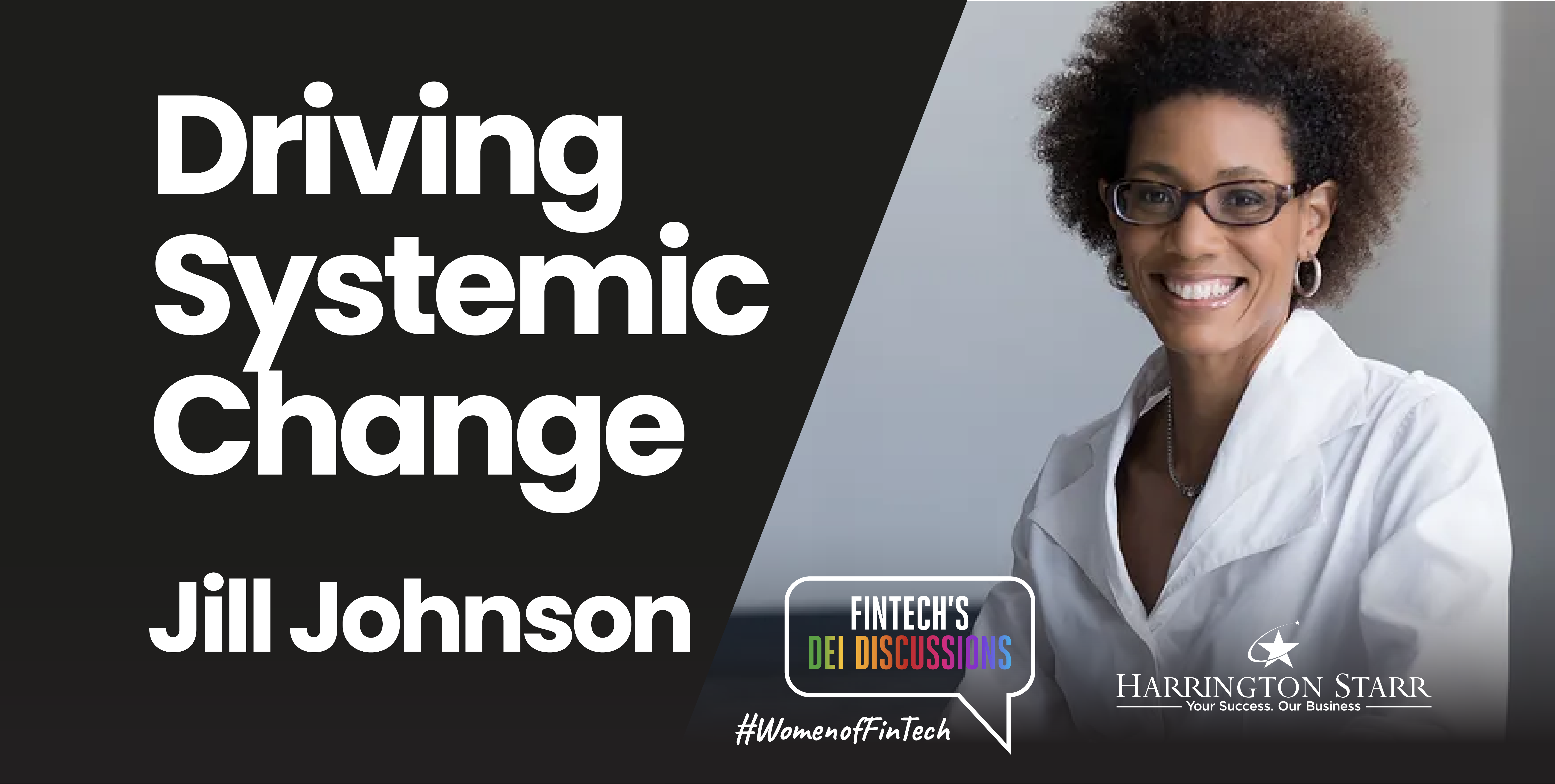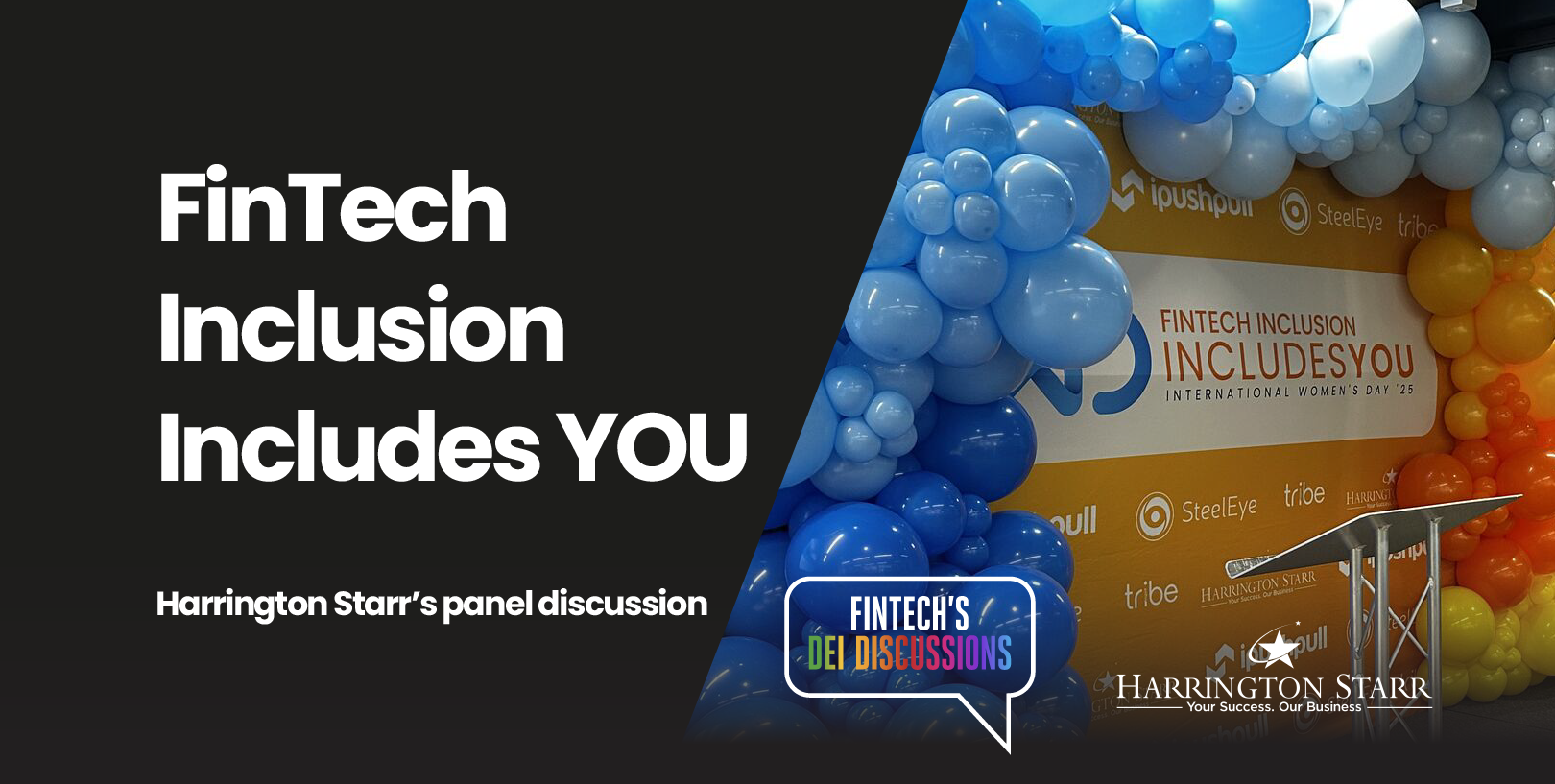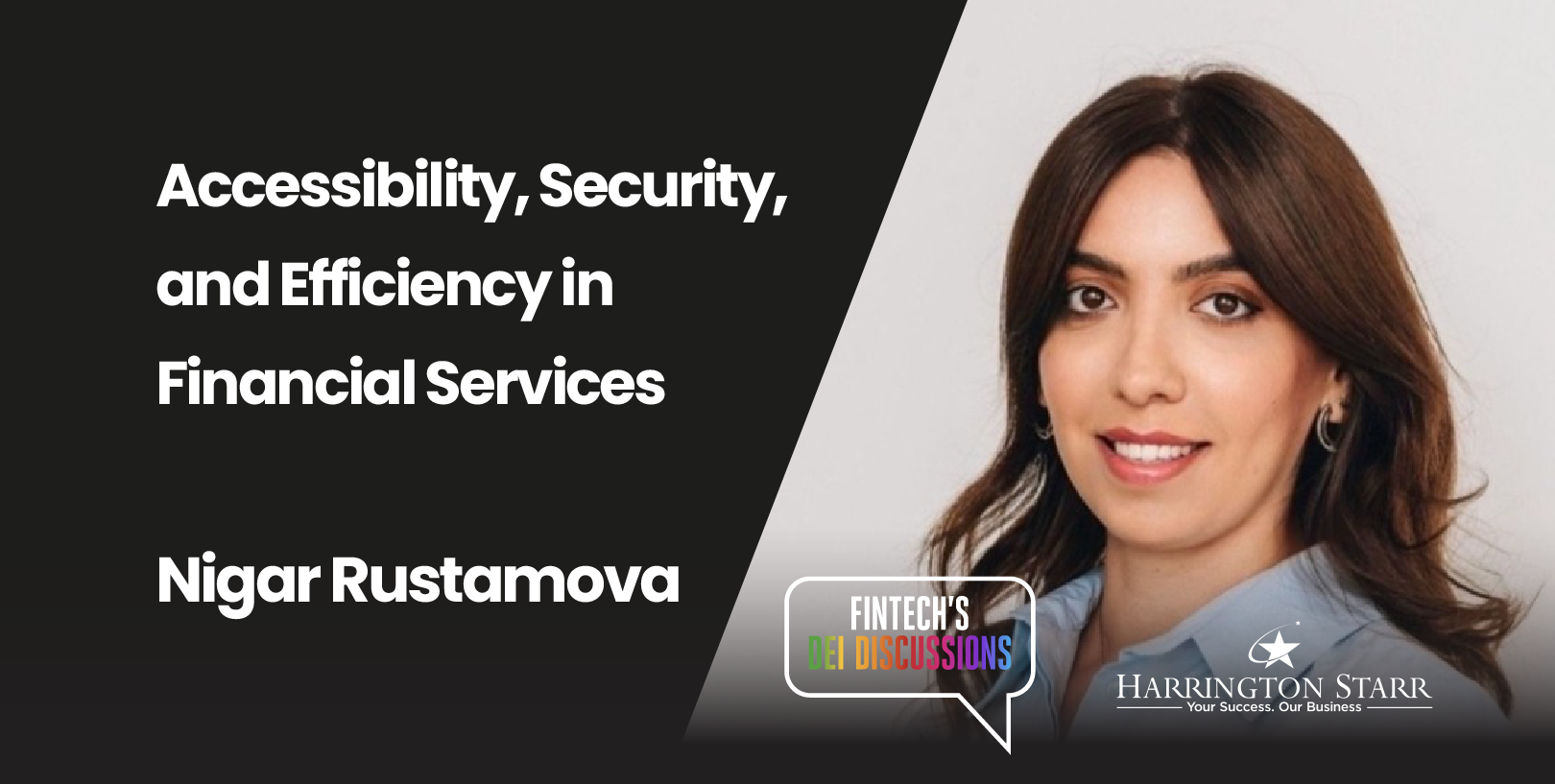
The FinTech industry, renowned for its innovation and rapid growth, faces unique challenges, particularly regarding DEI. In a recent episode of FinTech's DEI Discussions podcast, Jill Johnson, Co-Founder and CEO of the Institute for Entrepreneurial Leadership, shared her insights on these critical issues. Her conversation with host Nadia underscored the systemic barriers within the industry and highlighted actionable steps towards fostering a more inclusive environment.
Understanding Systemic Barriers in Fintech Recruitment
One of the key themes Jill addressed was the pervasive issue of systemic barriers that affect access to capital, particularly for the Black community. Historically, Black individuals were excluded from wealth-building opportunities, such as home ownership, which significantly impacts their ability to secure loans and collateral today. This lack of access to capital is a formidable barrier for many aspiring entrepreneurs, preventing them from achieving their full potential.
Jill emphasised that addressing these barriers requires a systemic change. She explained that while it is challenging to be successful in business for anyone, the playing field is uneven, with certain groups facing more significant obstacles due to historical and ongoing discrimination. Therefore, initiatives aimed at levelling the playing field are crucial for fostering inclusion in the fintech sector.
The Role of Mentoring and Sponsoring in Fintech Careers
In discussing careers in fintech, Jill highlighted the importance of mentoring and sponsoring. Mentors, who have navigated the industry themselves, can provide invaluable guidance and support. They help mentees avoid common pitfalls and steer their careers in the right direction. Sponsors, on the other hand, use their influence and networks to open doors and create opportunities for others. In a male-dominated industry like financial services, the support of mentors and sponsors is indispensable for women and other underrepresented groups.
Jill's insights shed light on the critical role these relationships play in career advancement. Without mentors and sponsors, many talented individuals might never reach their full potential due to a lack of guidance and opportunities. Therefore, fintech recruitment agencies and recruiters should prioritise creating and facilitating these relationships to help diversify the industry.
Attracting and Retaining Diverse Talent in Fintech
Jill and Nadia also discussed strategies for attracting more diverse talent to the financial services industry. Jill advocated for a proactive approach, where individuals in positions of power use their influence to promote inclusion. For example, inviting diverse candidates to networking events, opening doors to exclusive opportunities, and diversifying personal and professional networks are all practical steps towards a more inclusive industry.
Fintech recruitment agencies play a pivotal role in this process. By actively seeking out diverse candidates and ensuring they are given fair consideration, recruiters can help to address the imbalance. Furthermore, creating an inclusive workplace culture that values diversity can help retain this talent, ensuring that fintech companies benefit from a wide range of perspectives and ideas.
Long-term Strategies for Systemic Change
Achieving long-term systemic change in the fintech industry requires sustained effort and commitment. Jill emphasised the need for individuals and organisations to be intentional about inclusion. This involves constantly evaluating and improving their practices to ensure they are not inadvertently excluding certain groups.
One effective strategy is to foster a culture of inclusivity from the top down. Leaders should set the tone by actively promoting diversity and inclusion, and by holding themselves and their teams accountable for progress in this area. Additionally, policies and practices should be regularly reviewed and updated to remove any barriers to inclusion.
Practical Steps for Individuals
Jill's conversation with Nadia concluded with practical advice for individuals who want to drive inclusion in their workplaces. She encouraged listeners to be proactive in inviting diverse colleagues into spaces to which they might not typically have access. This could be as simple as extending an invitation to a meeting or networking event, or as significant as advocating for diverse candidates in hiring decisions.
Moreover, individuals should strive to diversify their networks. By building relationships with people from different backgrounds, they can gain new perspectives and contribute to a more inclusive industry. This intentional approach to networking can have a ripple effect, gradually transforming the industry from within.
Walking the Talk in Fintech
The episode of FinTech's DEI Discussions podcast with Jill Johnson highlighted the pressing need for systemic change in the fintech industry. By addressing barriers to capital, fostering mentoring and sponsorship relationships, and actively promoting diversity and inclusion, the industry can become more equitable and inclusive.
For fintech recruitment agencies and recruiters, this means not only seeking out diverse talent but also creating environments where that talent can thrive. By doing so, they can help ensure the long-term success of the fintech industry.
The insights shared by Jill Johnson serve as a powerful reminder of the importance of inclusion. As the fintech industry continues to grow and evolve, it must prioritise diversity and equity to truly fulfil its potential. By walking the talk, we can create a fintech ecosystem that is not only innovative but also inclusive and fair for all.





